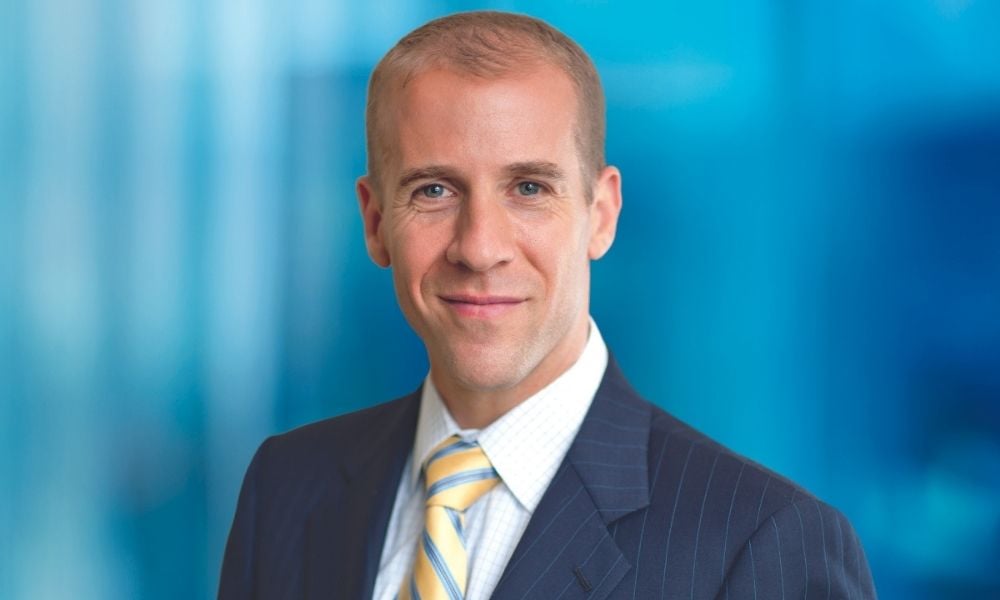Investors must navigate headwinds as they seek benefits of middle- to long-term exposure, says portfolio manager

Even in fair-weather economic conditions, the case for actively managed exposure to emerging markets has always been pretty solid. And according to Michael Greenberg, SVP and portfolio manager at Franklin Templeton Investment Solutions, the bright lines being drawn between winners and losers in the current global economy further reinforce the point.
“Emerging market equities are an asset class that require active management, because there are opportunities even in an environment like this,” Greenberg told Wealth Professional.
Given the current supply-side pressure and geopolitical risks from the Russian invasion of Ukraine pushing commodity prices up, he sees bright spots among Latin American countries, as well as the Middle East and select Asia countries. That means active portfolio managers with the freedom to go beyond the constraints of indexes have a good chance of squeezing out alpha as they seek EM equity exposure.
“We’re expecting different outcomes in different regions, based on the trajectory of the war, and what happens with commodity prices and food prices,” Greenberg says. “Our view is that we're unlikely to see energy prices crash back down to previous levels. So, I think there are short-term opportunities for some of these regions.”
Over the longer-term horizon, he says his team’s 10-year outlook includes a little more volatility in emerging markets versus developed markets from a performance perspective, but also potentially higher returns. So while he wouldn’t recommend 50% of a portfolio being placed in EM stocks, he maintains that they are a good diversifier that can potentially provide a performance boost.
“I think as an investor you want to be a little bit measured and dynamic when the weighting towards emerging markets,” he said. “If there's periods like now, where there's maybe some headwinds, you might want to be a little less exposed to EMs, and as things look better, you might want to ratchet it up exposure to emerging markets.”
While higher passive exposure might make a lot of sense for developed countries where markets are efficient, Greenberg says the disparities between sectors and countries within emerging markets makes the ability to make calls at the country, sector or even stock level more crucial. Having independent research and boots on the ground that can walk the factory floors and meet management face to face, he adds, is vital to uncovering investment opportunities in emerging markets.
Given the headwinds currently buffeting the markets, he says having an underweight exposure to emerging markets overall might make sense in the near term, though he says over the medium- to long-term the allocation should not be zero. Having structural exposure to emerging markets makes sense from a diversification and return enhancement perspective. Some of these countries have a rising consumer class, better demographics than some developed markets and a material improvement in the quality and independence of their institutions.
But at a higher level, he encourages investors to reflect on the proper allocation and long-term exposure to emerging markets that they want to have in their balanced portfolios. The higher volatility but higher potential return should be discussed with their financial advisor to understand what the right allocation would be.
“That’s obviously quite dependent on the individual investor or those that work with financial advisors,” he says. “For investors who work with advisors, it’s a great conversation to be having right now. If an investor is currently underexposed to emerging markets, the market weakness may provide a good entry point.”



